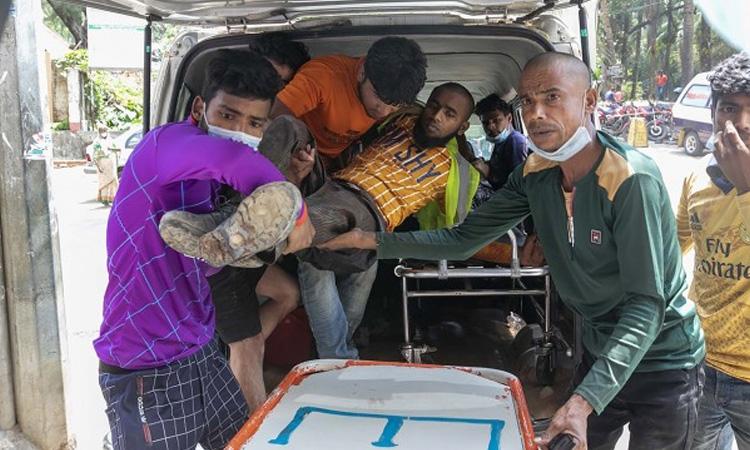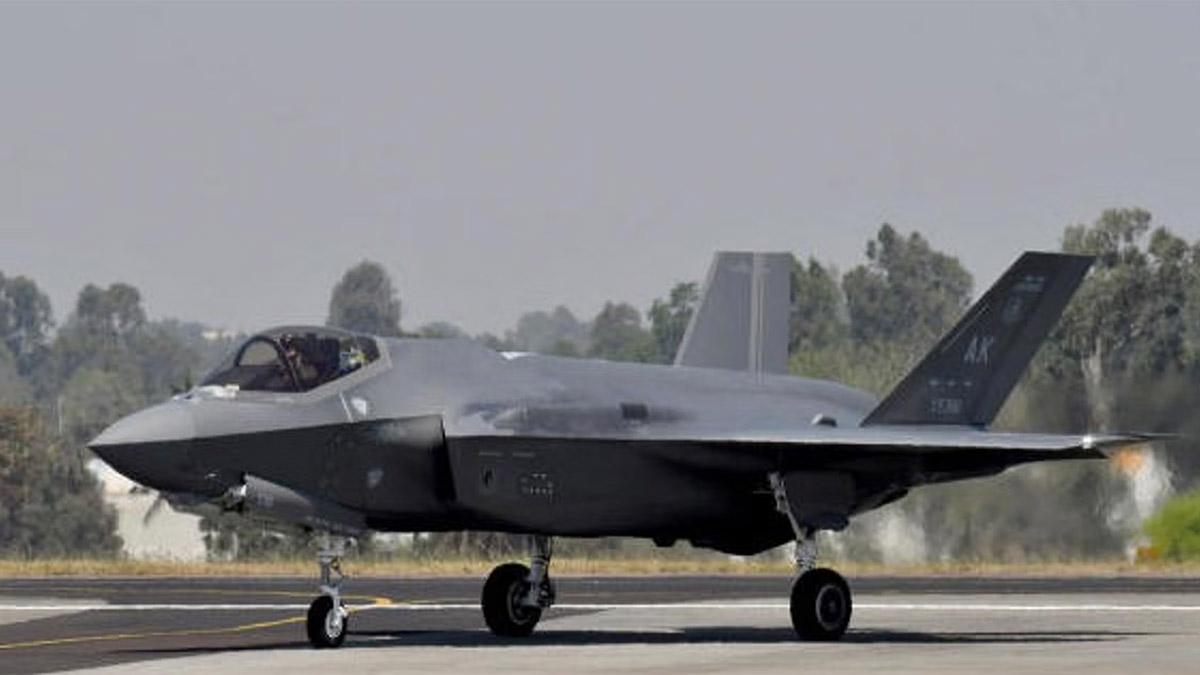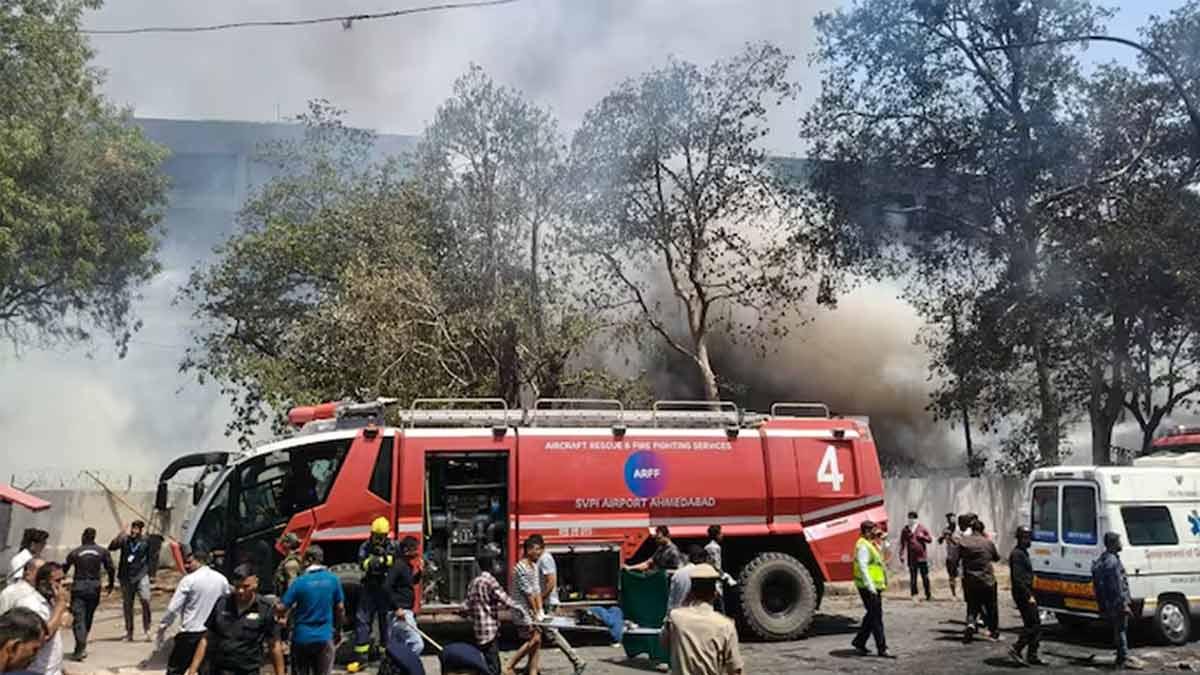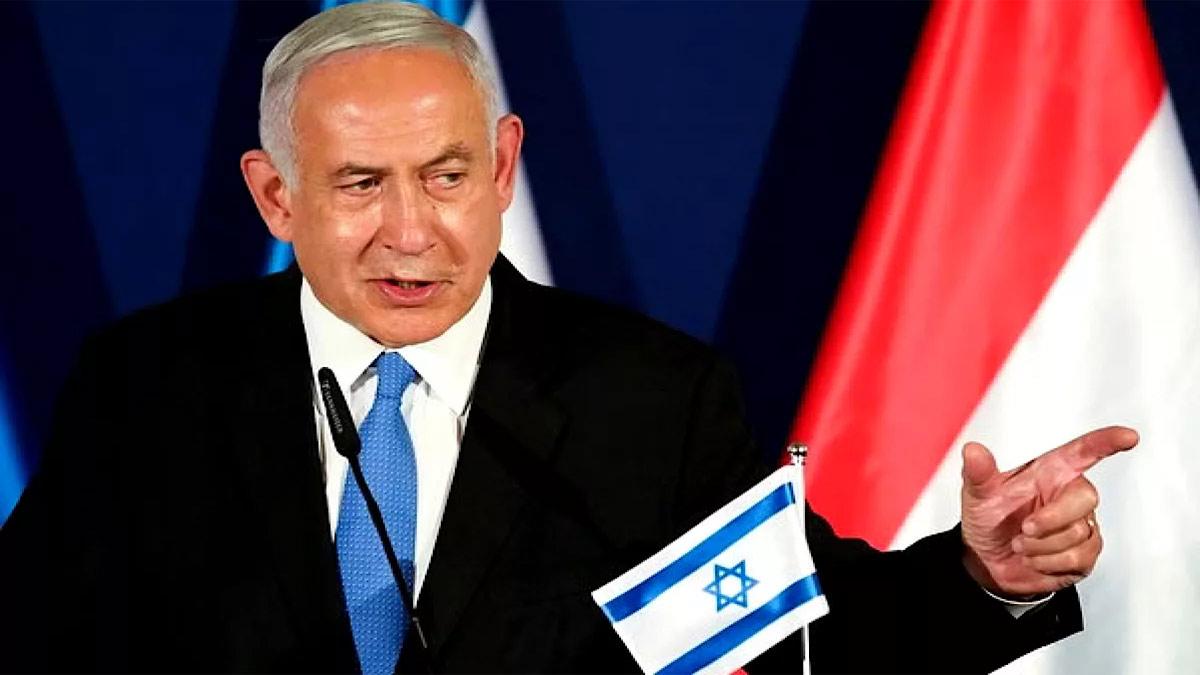At least five workers in a Chinese joint venture coal-fired power plant were killed in police firing in Banshkhali of Bangladesh's Chittagong region on Saturday, the police said.
More than fifteen workers, all protesting for payment of dues, have also been injured.
Anwar Hossain, Chittagong Range Deputy Inspector General (DIG) confirmed to IANS on Saturday afternoon, five dead workers were identified as Rony of Chuadanga, Md. Rahad of Kishoreganj, Shuvo of Narsingdi, Mahmud Reza of Banshkhali, and Raihan from Noakhali. Raihan succumbed to his injuries at Chittagong Medical College Hospital, said the hospital's on-duty doctor Faysal Karim.
DIG Anwar Hossain said, workers of the power plant at Banshkhali's Gandamara have been protesting since Friday over their unpaid dues and work hours to allow them to perform Ramzan-time rituals. The angry workers, who resented the non-payment of dues attacked the power plant after a meeting between the management and their leaders failed to resolve the crisis.
He claimed, "When police intervened, they were attacked. Policemen were compelled to open fire after three of them were seriously injured," DIG Hossain said. He said fifty policemen were deployed at the power plant after the demonstrations started on Friday.
Fourteen injured workers were taken to Chittagong Medical College and Hospital (CMCH).
Locals said the workers have been agitating to press for four-point demand including payment of overdue salaries, half day work on Friday, enough time for Iftar and a hike in salary.
Controversy has dogged this joint venture coal-fired power plant since the very beginning when the buiseness tycoon S. Alam Group, one of the leading business conglomerates in Bangladesh, signed a joint venture agreement with two Chinese companies to set up the 1224 MW power project.
In 2016, four locals were killed in police firing in Banshkhali over land acquisition troubles.
The leader of the locals opposing the project was framed and jailed. In July last year, the S. Alam Group paid the penalty of 2 billion Bangladesh Takas to the government for keeping alive the controversial project.
The plant comprising two 612 MW generation units at Banshkhali in Chattogram was scheduled to start supplying electricity to the national grid from November 16, 2019.
However, the government's power department found during inspection that the S. Alam group and its Chinese joint venture partners have completed only around 25 per cent of the project by that time. A senior power department official said the group has paid a large sum, equivalent to the penal amount for one year's default, due to its failure in financial closure of the project.
The group has now got an extension to complete the project by 2022, the official said on condition of anonymity. A joint venture company, or JVC, comprising local S. Alam Group and two Chinese firms had inked power purchase agreement, or PPA, and implementation agreement, or IA, with the state-run Bangladesh Power Development Board, or BPDB, and Power Grid Company of Bangladesh Ltd, or PGCB, to implement the power plant five years ago.
The BPDB had provided the letter of intent to the JVC to set up the project on October 31, 2013. Two separate power companies under the JVC of SS Power I Ltd and SS Power II Ltd would separately implement the power plant project, as per the contract. Two Chinese firms -- SEPCOIII Electric Power Construction Corporation and HTG Development Group - have 20 per cent and 10 per cent stakes respectively, while S. Alam Group has 70 per cent stake in the project. Apart from being a stakeholder, the Chinese SEPCOIII Electric Power Construction Corporation is also the engineering, procurement and construction, or EPC, contractor of the project.
The way the project work has been advancing, S. Alam Group is unlikely to complete the project within the extended time too, said an insider.
The BPDB and the PGCB inked deals with S. Alam Group to implement the project under the Speedy Supply of Power and Energy (Special Provision) Act 2010 bypassing tender.
The law empowered the government with sweeping authority to skirt the existing laws in the energy and power sectors so that it can implement projects quickly.
The BPDB is supposed to purchase electricity from these power plants at a levelised tariff rate of US$ 8.259 cents for 25 years, as per the deal.
An executive of the S Alam Group, however, said five foreign banks have assured to provide around US$2.60 billion as loan to implement the project.
He said land development and other relevant activities like pile test, geotechnical work, basic design and constructing temporary jetty to import coal are ongoing.
Media workers were surprised, all the steps were taken without any Environmental Impact Assessment (EIA) and public consultation.
In April 2016 S Alam group was asked to revise its environmental impact assessment report (EIA) for the project.
In March 2018 it was reported that "The work of this plant was supposed to be completed in 2019, but the construction work has not started yet."
According to S Alam Group, site development has begun and financial close was expected soon.
In November 2018, the Bangladesh Power Division warned S. Alam Group of annulling the plant's contracts over the delay in financial close. The company was given until December 31, 2018 to complete financial closing of its thermal power plant project.
In December 2018 PowerChina said prep work was underway on the project.
The plant is listed in Bangladesh's 2016 Master Plan "Revisited", an updated version of the country's energy plan released in November 2018. It is proposed for commissioning in December 2020 - although the timeline seems unlikely, given the lack of progress through 2018.


















